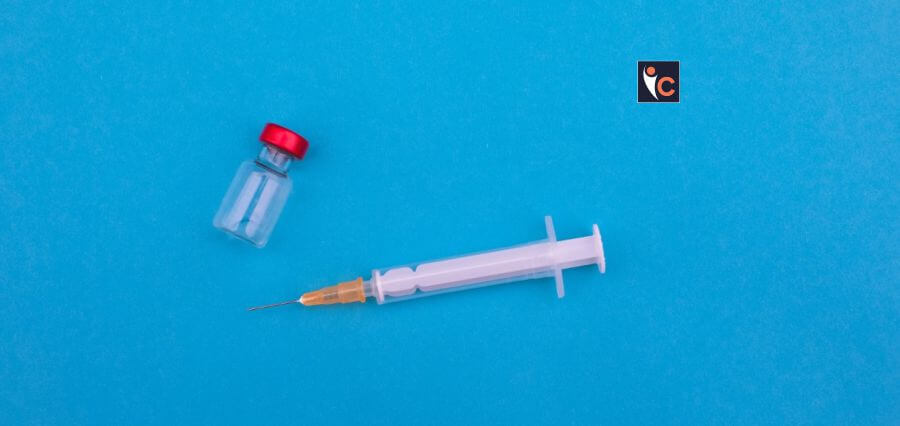Cervical Cancer
Preventive vaccinations have been created for the prevention of HPV infection and, subsequently, cervical precancer and cancer. Dr. Hemant Tongaonkar, Senior Director-Urologic & Gynecologic Oncosurgery & Head-Surgical Oncology, Nanavati Max Super Speciality Hospital, Mumbai.
Nearly 1.2 lakh new cases and 70.000 fatalities from cervical cancer occur among Indian women each year. It is one of the tumors in our bodies that can be prevented the greatest, though.
About HPV (Human Papilloma Virus)
The Human Papilloma Virus (HPV), which is contracted through sexual intercourse, is what causes cervix cancer. This virus has numerous subtypes, some of which are high-risk oncogenic (cancer-causing) subtypes. Many women contract this virus at some point throughout their reproductive lives. However, most (70–90%) infections are asymptomatic and heal independently.
But suppose this is not eliminated by the body and continues. In that case, it can alter the cervix and result in precancerous lesions, which, if left untreated and unnoticed, may develop into cervical cancer. Thus, the “essential” cause of cervical cancer is HPV infection. The infection is associated with diseases like anogenital warts, respiratory papillomatosis, head and neck (oropharyngeal), and anogenital cancers.
It could take 15-20 years or longer for an HPV infection to progress to cancer. High-risk factors for developing invasive cancer in women with consistent HPV infection include immunosuppression (such as in HIV-positive individuals and those taking immunosuppressant drugs). And co-infection with other STDs, early sexual activity onset and with an early first pregnancy, multiple pregnancies, multiple sexual partners, tobacco use in any form, and hormonal contraceptives.
Precautionary Measures
HPV infection and the subsequent development of cervical cancer and precancer preventive vaccinations have been created. These vaccinations are safe and non-infectious because they don’t include any live biological products or viral DNA. They are either nonavalent, quadrivalent, or bivalent (effective against HPV 16, 18, and two more strains that cause warts) (aimed against nine high-risk HPV subtypes).
Nearly 98–100% of girls under 15 who receive these vaccines are protected against HPV infection and cervical cancer. These vaccines are also highly immunogenic. This efficacy is still good for older girls and women but not as high as when the immunization was administered to children under the age of 15.
Up to 11.5 years after immunization, they have been demonstrated to protect against HPV infection and precancerous lesions. Furthermore, except for minor discomfort and swelling at the injection site, these vaccines have been safe and have not been associated with any severe side effects.
Overview of Vaccine
These vaccines are best taken before the start of sexual activity, or before exposure to HPV, for the best protection against HPV infection. They are recommended for usage in girls between 9 and 14. The vaccination can be given to women up to 26 as a catch-up measure for girls who did not receive it at the recommended time.
When accompanied by prior HPV DNA testing, HPV vaccination is safe to receive up to 45 years of age. Girls between the ages of 9 and 14 should receive two doses of the vaccination given five months apart, while girls beyond the age of 15 should receive three doses. The effectiveness of a single vaccine dosage is being investigated in studies, the findings of which are awaited.
The price of the vaccine and the subsequent inability to reach those in the lower economic strata of society, especially in rural regions, have been barriers to its widespread usage in India. We should be able to vaccinate most eligible girls and women with the scientifically tested Indian HPV vaccine that is soon available and is anticipated to be less expensive.
Last Words
It’s critical to realize that this vaccine protects against HPV infection rather than cervical cancer. To protect against cervical cancer, women must continue to get screened appropriately with pap smears and HPV DNA testing since the currently available HPV vaccines do not protect against all known high-risk oncogenic HPV subtypes.
The high prevalence of cervical cancer and the HPV vaccine’s incredible efficiency and safety justifiably warrant its inclusion in the Indian National Immunization Program to lower the incidence of cervical cancer in the future significantly.
Read More News: Click Here















